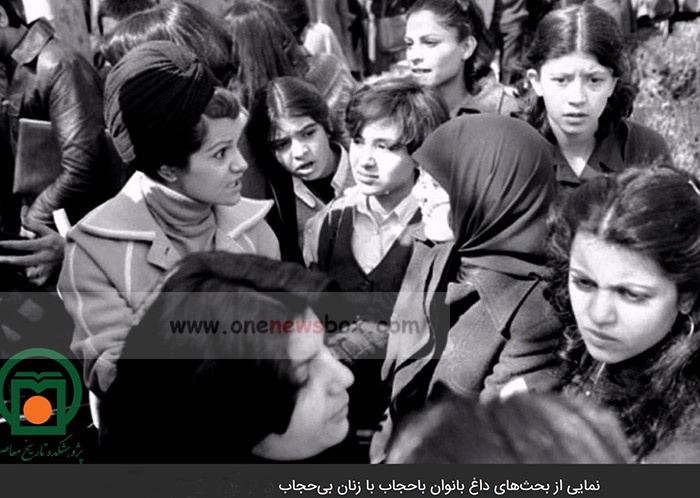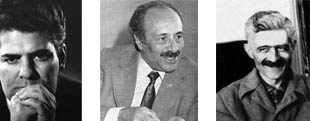Kashf-e hijab was relaxed in 1941 under Reza Shah’s successor (and son), Mohammad Reza Pahlavi; the wearing of a headscarf or chador was no longer an offense and women were able to dress as they wished,but hijab was still considered an indicator of backwardness or of membership of the lower class. Wearing of the chador became a significant hindrance to climbing the social ladder.
Veiled women were assumed to be from conservative religious families with limited education, while unveiled women were assumed to be from the educated and professional upper or middle class. Professional middle-class women such as teachers and nurses appeared unveiled in their work place, but sometimes veiled when they returned home to their families.

